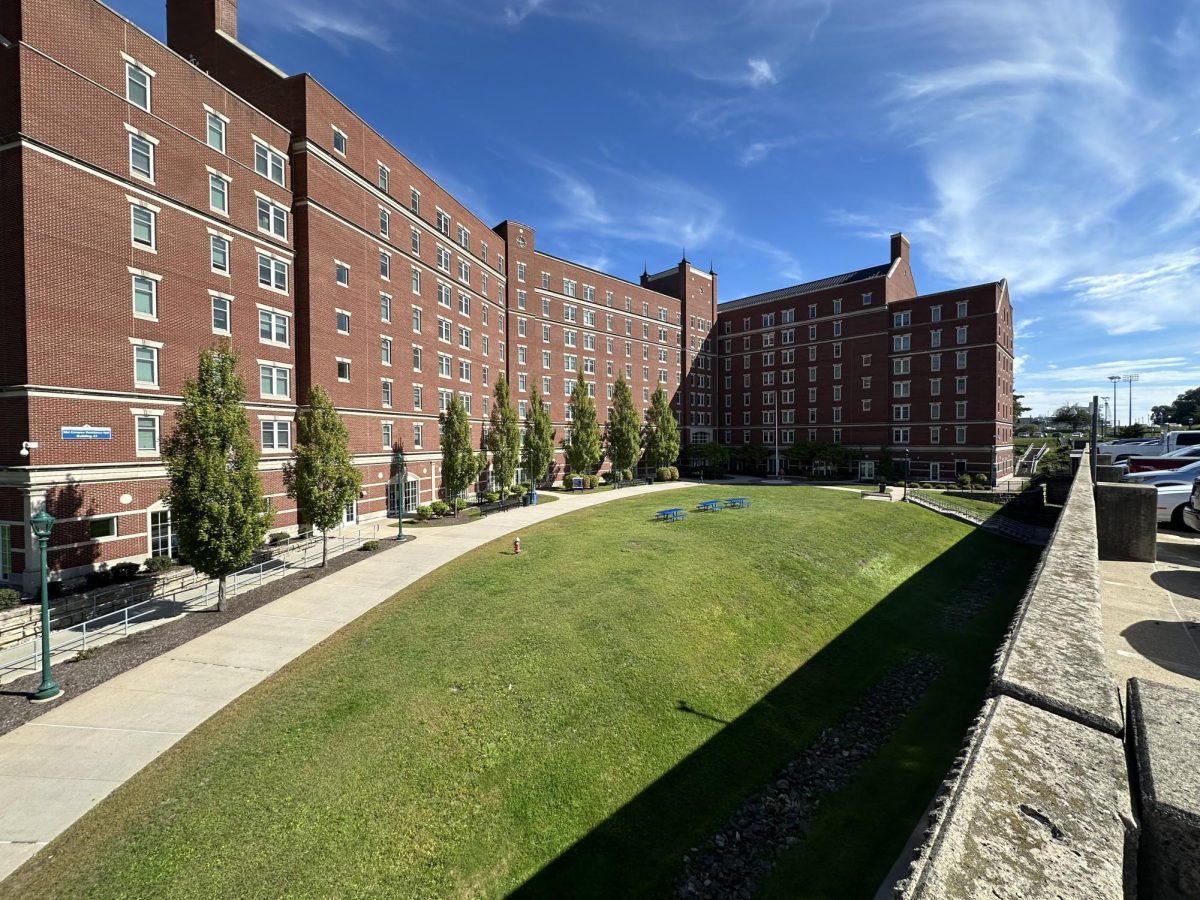By Jonathan Stankiewicz
For the Fall 2010 semester, CCSU had 440 full-time faculty and 526 part-time faculty teaching at CCSU, according to the “Fast Facts” of CCSU. With the new faculty numbers for Fall 2011 coming in November there is a situation that not many know about. Of those 440 full-time faculty, 60 are special appointments, full-time faculty on one to two year contracts.
“Special appointments do lots of things,” said CCSU-AAUP President Jason B. Jones. “Sometimes they are necessary to preserve a position because someone leaves at the last second or retires.” Also, special appointments are useful to bring in expertise that’s hard to get a handle on, added Jones.
In the President Jack Miller’s Report Card that he finished just before this semester started Miller uses the 440 number of full-time faculty in Objective 6.1: “Increase the number of full-time faculty.” Miller gave this objective an “A-.”
“It’s a defensible position, since they are, after all, full-time hires,” said Jones. “They’re positions that they say will be filled with tenure-track appointments at some point. That said, it’s also a bit deceptive.”
Rather than replacing people with tenure track positions CCSU hired special appointments and emergency hires instead. CCSU has historically averaged 30 emergency appointments.
This particular jump to 60 in special appointments comes all in one year because President Miller was concerned about being able to hire people for tenure track positions, said Faculty Senate President Candace Barrington. With money being an issue, CCSU didn’t want to hire potential tenure track faculty just to hire them, because they may not have been able to keep them.
“President Miller decided it was more prudent and more humane to fill full-time faculty vacancies with short-term emergency appointments, said Provost and Vice President of Student Affair Carl Lovitt.
Lovitt added that: “Because of fiscally conservative decisions at CCSU, President Miller announced at the end of last year that he thought we could safely begin replacing some of our emergency appointments. He authorized 20 tenure-track hires last spring, which are now underway, and he has since authorized three more.”
Jones wants people to know that schools aren’t saving any money when they hire special appointments.
“You still have to pay them the same amount that you would pay an assistant professor,” said Jones, “because if they did get the tenure track job there would be a huge equity problem because they would have fallen behind.”
From the union’s perspective at CCSU, Jones and his constituents have several concerns about this situation. The 60 is a really big number, said Jones. “It’s more than the full-time faculty in the English department plus math,” Jones said.
The budget concerns since 2008 have a had a tremendous impact on tenure track hiring for CCSU and the whole CSU system.
“The problem is it is complicated,” said SCSU-AAUP President Michael Shea. “It’s better than having nothing or having part timers.” Shea said that having the positions filled with the one to two year contracts is kind of a semi-solution.
SCSU also sees this problem. For the Fall 2011 semester Southern has 433 full-time faculty, with 57 of those being temporary emergency positions. As of Shea’s interview there had been no word of how many tenure-track searches will be conducted at SCSU for this year.
As of the open forum held last week at CCSU with Miller and Barrington, Miller hadn’t yet said publicly what his plan is to address the 60 special appointments and how he will get CCSU back down to the usual 30 for each year.
“on the one-hand, it looks like we’re making a dent and on the other it’s not clear,” said Barrington. “[Miller] wouldn’t give a straight answer if he would say, ‘This is what I wanted.’”
Barrington added that she isn’t definite if the 23 searches underway this semester will fill the attrition loses that happen every year.
Jones agrees. “I think next semester we are going to have what we have now,” said Jones. “What would be nice if the administration announced a plan to return to something like the status quo. Something like a more typical number of emergency appointments.”

